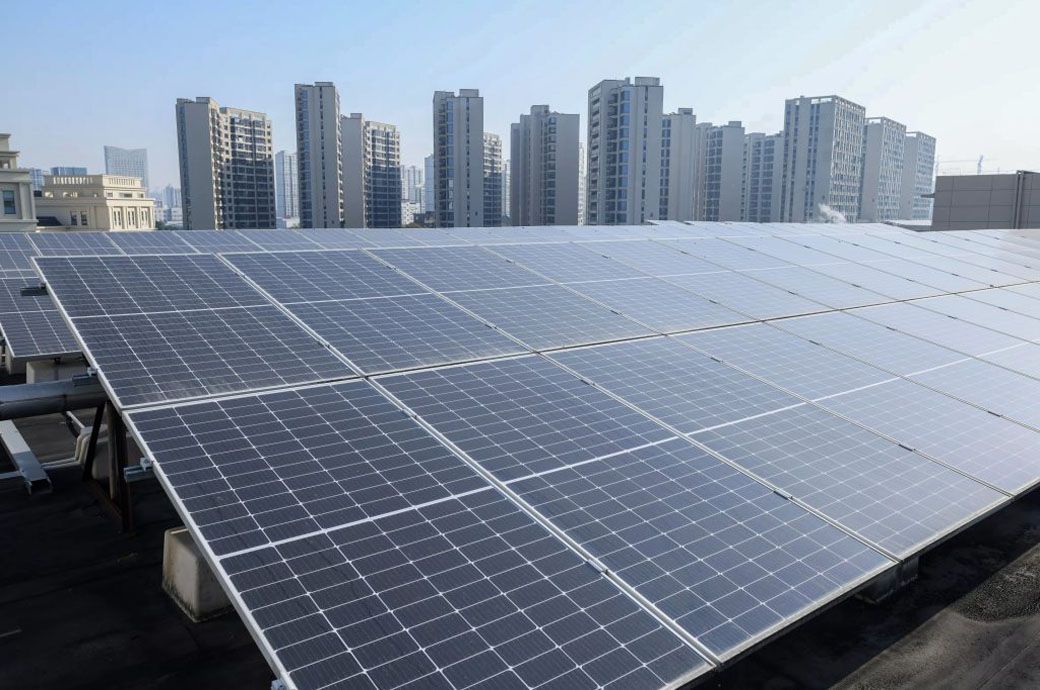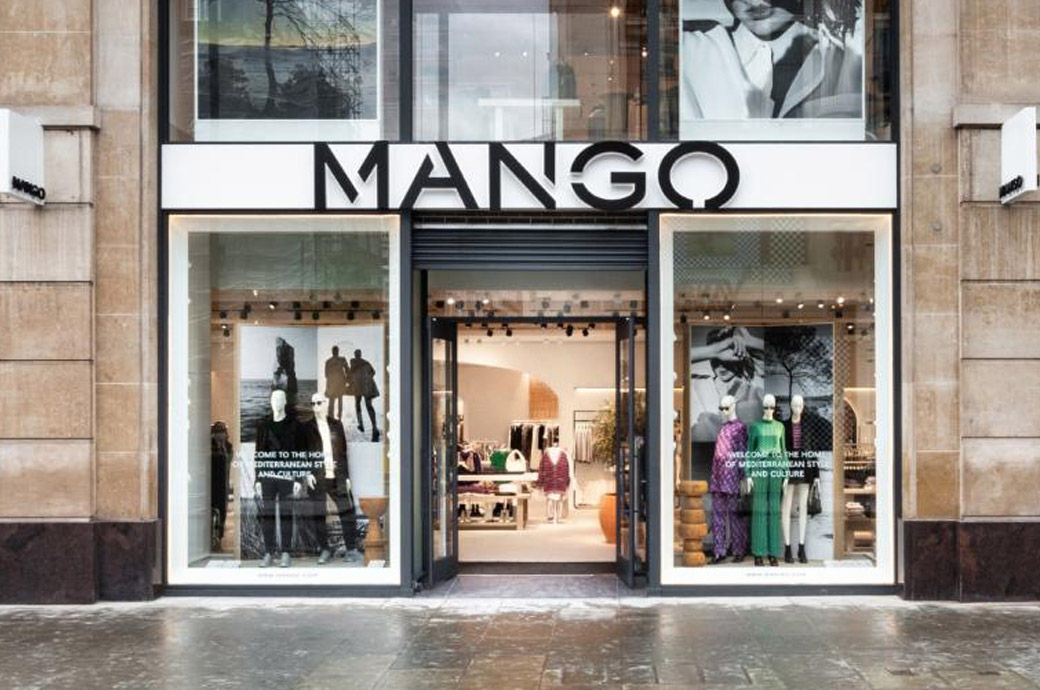“We are pleased to be recognised for our transparency, but we know the work doesn't end there. Transparency is crucial for the industry and at H&M Group we remain committed to increasing our public disclosure across all our sustainability work. If all brands shared more about their approach to decarbonisation and what they have learned along the way, we could make further progress. We need to be brave to test, learn and innovate together.” Leyla Ertur, Director of Sustainability at H&M Group.
The H&M Group scores highly on accountability, decarbonisation funding and advocacy. Recently, the brand’s parent company, the H&M Group, launched its Climate Transition Plan to improve transparency around climate. The document outlines how the group will achieve its goals, focusing on energy efficiency and renewable energy.
H&M Group ranked third out of 250 companies with a score of 61% in a transparency and decarbonisation report. The company is committed to public disclosure and has launched a Climate Transition Plan. With the aim of reducing emissions by 56% by 2030 and reaching net zero by 2040, H&M Group supports the decarbonisation of the supply chain through initiatives such as the Green Fashion Initiative.
The H&M Group has also set itself ambitious science-based targets. By 2030, the Group aims to reduce absolute Scope 1, 2 and 3 emissions by 56% and achieve net zero by 2040, as defined by the Science Based Targets initiative. This commitment is reflected in a 22% reduction in Scope 3 emissions by 2023 (baseline 2019).
To accelerate the decarbonisation of fashion supply chains, the H&M Group has developed a range of solutions. Together, they create a cost-effective support ecosystem to reduce emissions. The Group’s Green Fashion Initiative provides factories with financing to invest in reducing energy demand and replacing fossil fuels with renewable alternatives. In addition, its collaborative financing tool, the Future Supplier Initiative, brings brands together to jointly finance decarbonisation projects at shared suppliers.
Fashion Revolution is the non-profit organisation behind the Fashion Transparency Index, an annual report that assesses brands’ public disclosure about their supply chain, as well as their environmental and social impact. What Drives Fashion? is a unique report that focuses on transparency around climate and energy actions.
Note: The content of this press release has not been edited by Fibre2Fashion staff.
Fibre2Fashion (RM) Press Desk












